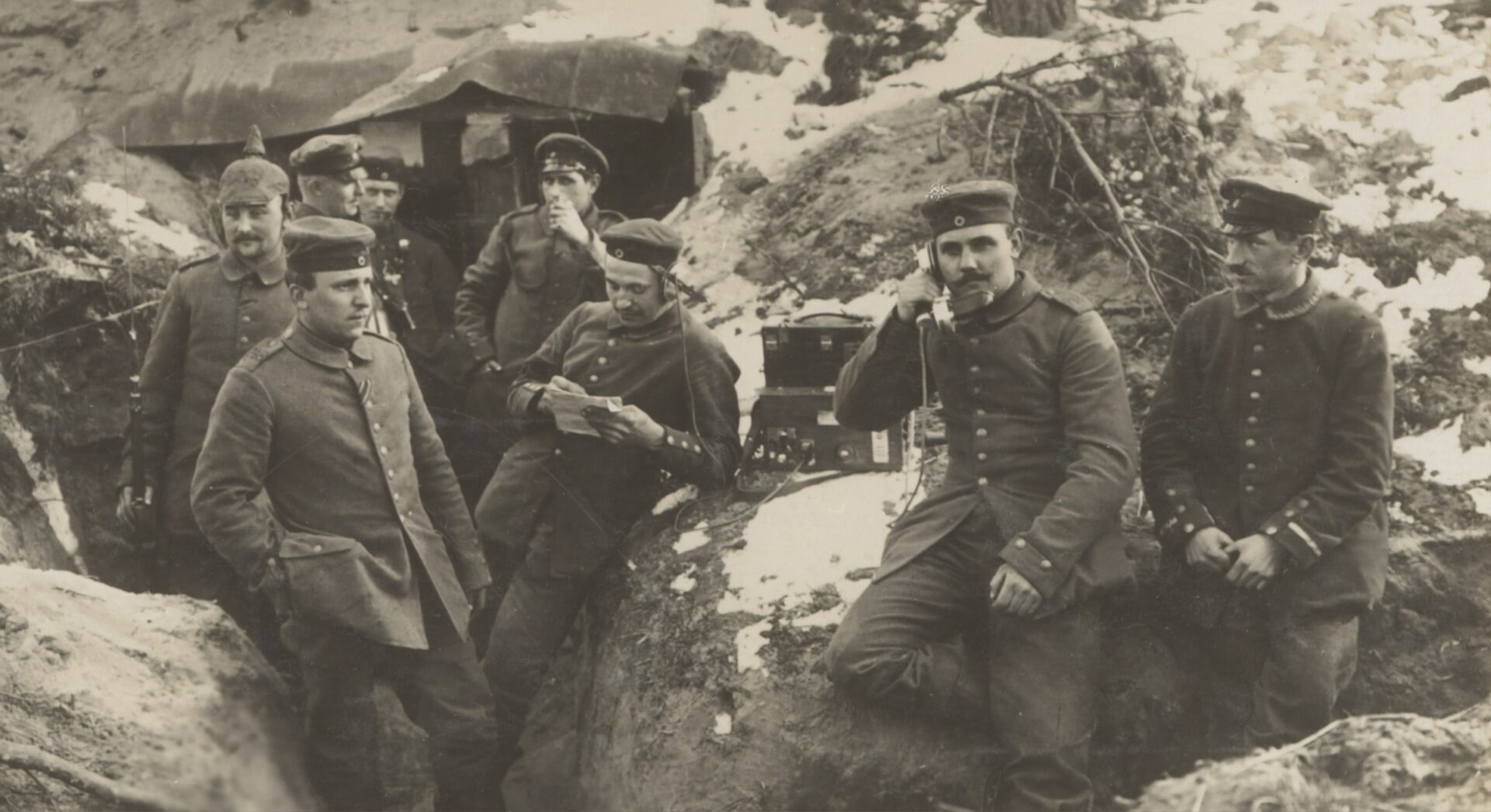November 11 marks Veterans Day. Before 1954, Veterans Day was known as Armistice Day. Armistice Day — the eleventh hour on the eleventh day of the eleventh month — marked the end of World War I in 1918. The new Netflix adaptation of the novel, “All Quiet on the Western Front,” reminds us of the gore and human tragedy embedded in World War I and all great power wars. As Scott Strgacich points out, the viewer of this film gets a sense of the anti-war spirit. However, having a moral aversion to war is not enough to stop it. Instead, a combination of moral values, not wanting war, and practicing restraint is needed.
This Veterans Day, it would be worthwhile to reflect on the lessons of World War I. Doing so can prevent having similar fates as those doomed souls on the Western Front.
One of the most important lessons in the film is that decision-makers will attempt to make rational justifications for irrational situations. Two leaders serve as examples of this point in the movie. The film’s antagonist, General Friedrichs, launched a final offensive on France’s trenches minutes before the Armistice went into effect. On the opposite end, French General Ferdinand Foch ignored the pleas of the German peace delegation on the consequences of the harsh peace terms. Was it rational for General Friedrichs to order the slaughter of German and French soldiers minutes before peace? Was it rational for General Foch to insist on peace terms that would contribute to the rise of Nazism and Adolf Hitler years later? Objectively, none of these decisions were rational.
Yet, as Fyodor Dostoevsky wrote in “Notes from the Underground,” “…man has such a predilection for systems and abstract deductions that he is ready to distort the truth intentionally, he is ready to deny the evidence of his senses only to justify his logic.” Carl von Clausewitz explained in “On War,” “instinctive hostility and hostile intentions” are the two main causes of war. In other words, every person has some sort of bias toward situations and will seek to justify those biases. To avoid war, Americans need to be skeptical of their leaders, especially their biases and passions.
LEARNING TO BE SKEPTICAL
But how can the American public accomplish such a task? After all, not everyone is an expert on foreign policy or military affairs. Much of the public is also wary of the US military today, with a Pew Research poll reporting that only 25% of respondents held “a great deal of confidence in the military to act in the public’s best interests,” down from 39% in November 2020. To solve this dilemma, one doesn’t need to be an “expert” of foreign policy and military affairs (although it doesn’t hurt to be one). Instead, at the very least, an American public that is aware and informed on these matters can foster healthy skepticism toward our elected officials.
To hold policymakers accountable and check their passions, the public must ask three crucial questions: What are the risks of the United States not defending these countries? What are the risks of the United States defending these countries? And, how do these risks impact the average American? The ongoing war in Ukraine and remaining tensions over the future of Taiwan make these questions even more important. In both Ukraine and Taiwan, there is the potential risk of the emergence of a great power war in the nuclear age.
War is here to stay. It stems from passion and anger. To say that these two things will go away is to do away with humans all together. In the end, humans are flawed and will continue to exhibit these negative behaviors. After all, World War I reminds us of what happens when passions grow out of control and when policymakers recklessly enact defense policy.
Stephen Van Evra points out how the “cult of the offensive” and the security dilemma contributed to the outbreak of World War I. Essentially, Van Evra argues that Europeans believed that military offense was dominant and that a country building up its armed forces meant it intended to attack the other. The United States needs to limit such passions and conduct a limited defense policy to avoid a spiraling security dilemma (such as an arms race or war). Unfortunately, the Biden administration’s recently released National Security Strategy, National Defense Strategy, and Nuclear Posture Review don’t heed this advice.
As votes from the midterm elections continue to be counted on this Veterans Day, it would be worthwhile to reflect on the lessons of World War I. Doing so could prevent us having a similar fates to those doomed souls on the Western Front.
Benjamin Giltner is a Contributing Fellow at Defense Priorities. The views expressed are the author’s own.





















